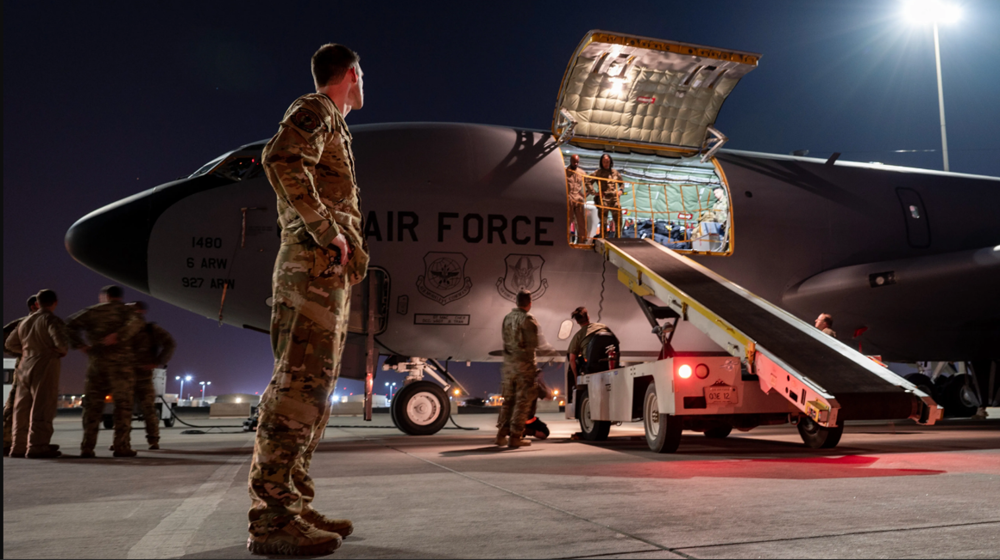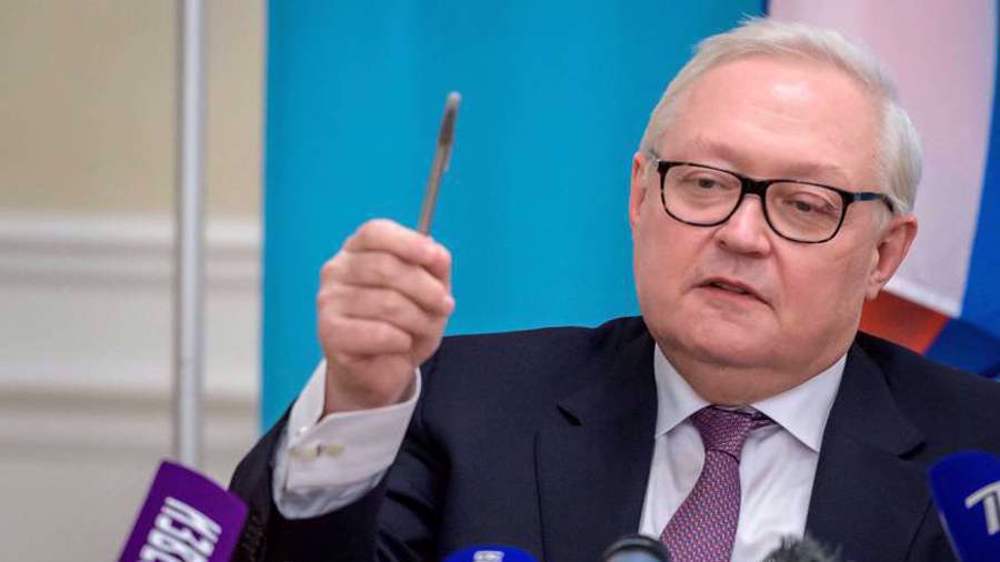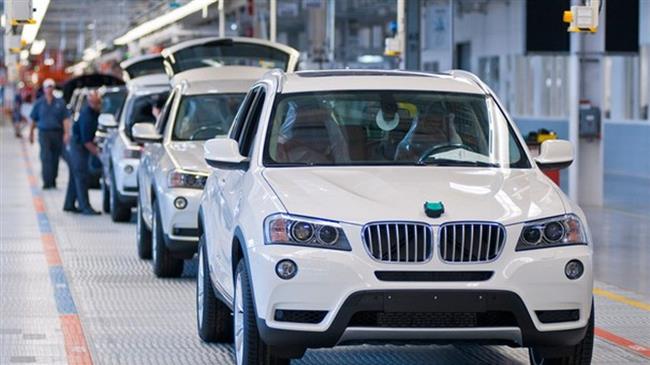BMW says US tariffs on EU cars may hit investment
US tariffs on imported cars could lead BMW to reduce investment and cut jobs in the United States due to the large number of cars it exports from its South Carolina plant, the German luxury automaker has warned.
“The domestic manufacture of automobiles has no apparent correlation with US national security,” BMW wrote in a letter to US Secretary of Commerce Wilbur Ross this week, adding that imposing duties would not increase American growth and competitiveness.
The BMW plant in the state of South Carolina is its largest globally and ships more than 70 percent of its annual production to other export markets, the company said.
Chinese tariffs on US passenger cars, imposed in retaliation for US duties on Chinese goods, have already hiked up the cost of exporting to China, BMW warned.
Any US tariffs would likely lead to further retaliatory measures from China and the European Union, the Munich-based company said.
In addition, higher tariffs on components imported to the United States would make other production locations outside the country more competitive.
“All of these factors would substantially increase the costs of exporting passenger cars to these markets from the United States and deteriorate the market access for BMW in these jurisdictions, potentially leading to strongly reduced export volumes and negative effects on investment and employment in the United States,” BMW said in the letter.
US President Donald Trump’s administration last month launched an investigation into whether auto imports posed a national security threat and Trump has threatened to impose a 25 percent tariff on all imports of EU-assembled cars.
Trump said Wednesday that the era of “global freeloading” of the United States is over, accusing the European Union of taking advantage of America in trade.
On Friday, General Motors Company, America’s largest automobile manufacturer, warned that higher tariffs on imported vehicles under consideration by Trump could cost US jobs while isolating American businesses from the global market.
Some 30 percent of the vehicles GM sold on the US market in 2017 were manufactured abroad, according to the Michigan-based Center for Automotive Research. Some 86 percent of those vehicles came from Canada and Mexico, while others came from Europe and China.
White House trade adviser Peter Navarro shot back at GM's warning. In an interview with CNN on Friday, Navarro said the auto company was using “smoke and mirrors” to deceive the public. He said the impact of tariffs on the price of a GM car was equivalent to “a luxury floor mat.”
“Even the GM cars built here, about half the content is foreign,” Navarro said, adding that US factories had become “assembly plants” stitching together components made elsewhere.
Navarro, a China hawk who favors a harsher approach with Beijing on trade, detailed a list of problems the US faces with its largest trading partner in a report published last week.
The dozens of challenges cited by Navarro ranged from China’s alleged theft of intellectual property to the evasion of US export control laws and the production of counterfeit goods.
The so-called Made in China 2025 initiative, a strategic plan by Beijing to upgrade Chinese industry, stands at the heart of the trade war between the US and China. The US government believes the plan is a major threat to US technological leadership and economic dominance.

Top US universities normalizing 'fascistic governance’: Fired Iranian scholar

US lawmakers move to block arms sales to Israel amid Gaza war

Russia warns of ‘catastrophic’ consequences if US attacks Iran
US orders social media screening for student visa applicants to bar those critical of Israel
VIDEO | Iran marks anniversary of Israeli attack on embassy in Damascus
Hamas slams Ben-Gvir’s storming of al-Aqsa Mosque as ‘dangerous escalation’
Moving against global tide, Israel eliminates all tariffs on US goods
VIDEO | Press TV's news headlines
Key well launched at Phase 11 of Iran’s South Pars gas field
Iran says US threats of military action will ‘complicate situation’ for talks
ICC censures Hungary for ignoring Netanyahu arrest warrant








 This makes it easy to access the Press TV website
This makes it easy to access the Press TV website